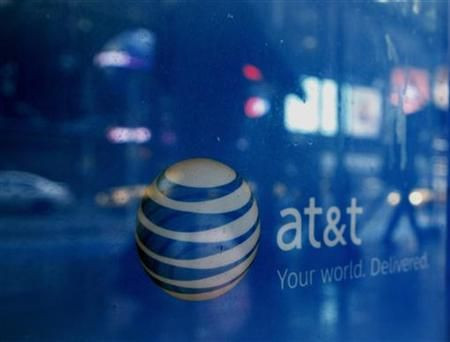AT&T Says it Has Right to Withdraw T-Mobile Merger Application

AT&T is challenging the assertion by the U.S. Federal Communications Commission that the agency could block the company's application to acquire T-Mobile USA.
We have every right to withdraw our merger from the FCC, and the FCC has no right to stop us, AT&T Executive Vice President and General Counsel Wayne Watts said in a statement. Any suggestion the agency might do otherwise would be an abuse of procedure which we would immediately challenge in court.
Earlier this week, FCC Chairman Julius Genachowski called for an administrative hearing on the AT&T/T-Mobile merger, and other commissioners were expected to agree with the chairman. This likely meant the FCC believed the deal wasn't in the public interest, and the companies would have to prove otherwise.
When AT&T announced Thursday it was withdrawing its merger application, FCC officials said the company could withdraw with prejudice, which means AT&T could not apply for reapplication, or it could deny the withdraw altogether, which means the FCC would move forward with its plans for an administrative hearing.
Although AT&T and Deutsche Telekom, the parent company of T-Mobile USA, said they planned to press ahead in the merger fight, the prospects of the merger happening appear grim. AT&T said Thursday it planned to set aside $4 billion in the year's final quarter to cover the breakup fees associated with the merger falling through. This charge would include a $3 billion cash payment to Deutsche Telekom and $1 billion worth of spectrum AT&T must give away.
The two companies would need to win the trial against the U.S. Department of Justice, which is set to begin Feb. 13. The companies could also agree to a settlement with the Justice Department where AT&T likely would need to sell off assets in order for the merger to move ahead.
AT&T and T-Mobile USA announced a $39 billion merger last March that would form the largest wireless carrier in the U.S. AT&T is currently the second-largest wireless carrier in the U.S., behind Verizon Wireless. T-Mobile is currently the fourth largest wireless carrier.
Yet the proposed deal received opposition from some concerned about AT&T stifling competition and destroying jobs, both of which AT&T and T-Mobile deny would happen if the merger were approved. Wireless carriers Sprint Nextel and C Spire both filed their own lawsuits to fight the merger.
© Copyright IBTimes 2024. All rights reserved.





















